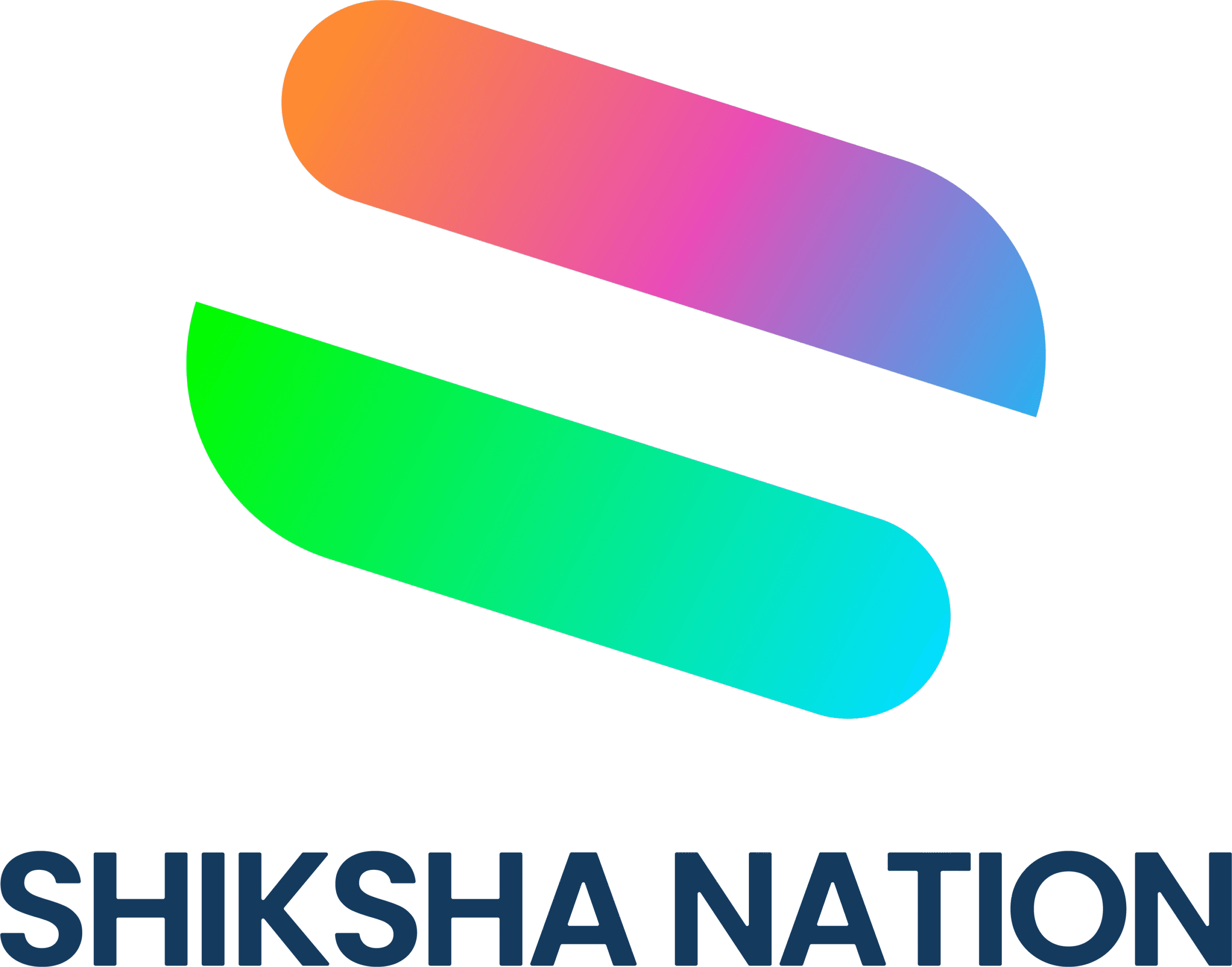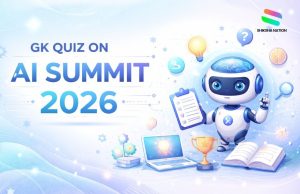Introduction:
AI EdTech is transforming education in 2025, reshaping how students learn and teachers teach. By integrating artificial intelligence with modern educational technology, AI EdTech enables personalised learning, adaptive lessons, real-time feedback, and smarter assessments. It makes learning more engaging, accessible, and efficient, allowing students to progress at their own pace while preparing them for a technology-driven future.
What is AI EdTech?
AI EdTech combines artificial intelligence with educational technology to create intelligent learning systems. Platforms powered by AI EdTech analyse students’ learning patterns, provide personalised lessons, and offer adaptive resources. Virtual tutors, automated grading systems, and AI-driven platforms make learning more engaging, efficient, and effective for every student.
Benefits of AI EdTech in Modern Education
Personalized Learning
AI EdTech allows students to learn at their own pace. Lessons are customised based on individual strengths and weaknesses, ensuring maximum understanding and retention.
Intelligent Assessment and Feedback
Automated grading and AI-driven assessments provide instant feedback. This reduces teachers’ workload and helps students quickly identify areas for improvement.
Enhanced Accessibility
AI EdTech tools make education inclusive. Features like voice recognition, text-to-speech, and adaptive interfaces allow students with disabilities to access learning seamlessly.
Data-Driven Insights for Educators
Educators can leverage AI EdTech analytics to track progress, identify learning gaps, and design effective teaching strategies. This ensures that learning outcomes improve across the board.
Why AI EdTech is the Future of Learning
AI EdTech is more than a technological trend—it is shaping the future of education. Adaptive platforms and personalised learning solutions ensure that every student receives a tailored education. Additionally, AI EdTech equips learners with digital skills required in the modern workforce, including problem-solving, critical thinking, and technical proficiency.
Real-World Examples of AI EdTech
-
AI Tutors: Tools like ChatGPT assist students with homework, explanations, and interactive learning.
-
Adaptive Learning Platforms: Platforms like Shikshanation and Coursera use AI EdTech to customise lessons.
-
Smart Classroom Tools: AI-powered systems automate administrative tasks, track attendance, and monitor engagement.
-
Career Guidance: AI EdTech analyses student skills to recommend courses, internships, and career paths.
Challenges and Considerations
While AI EdTech brings many benefits, challenges exist. Data privacy and cybersecurity must be prioritised, as AI platforms store sensitive student data. Equal access to technology is necessary to avoid a digital divide. Teacher training and ethical implementation are critical to ensure responsible and effective use of AI EdTech in classrooms.
Institutions must adopt proper policies to protect student data, provide equal access to AI tools, and train educators effectively. By addressing these challenges, AI EdTech can reach its full potential and positively impact education globally.
Conclusion:
The future of education lies in AI EdTech. From personalised learning to intelligent assessments, AI EdTech enhances efficiency, promotes inclusivity, and prepares students for a tech-driven world. By adopting AI EdTech, educational institutions can provide meaningful learning experiences and empower students to reach their full potential. The AI EdTech revolution is here, and it’s transforming education in 2025 and beyond.



